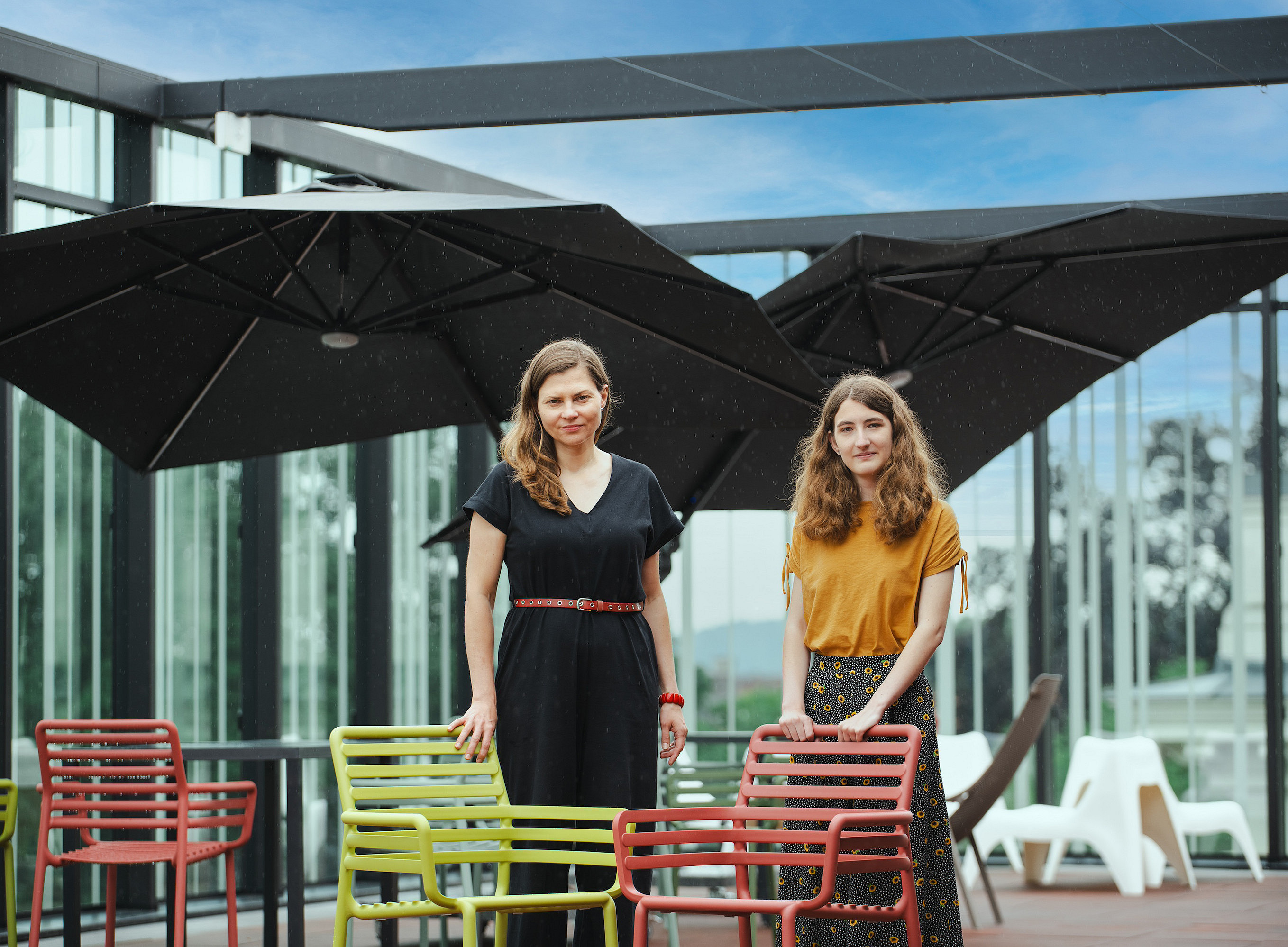The concrete jungle of our cities is turning into glowing heat islands, balconies are becoming unbearable ovens and even the night sometimes offers no relief: heat waves are silent killers and are becoming more frequent, occurring at higher temperatures, affecting more people and lasting longer.
This heat is not only unpleasant, but also poses a serious health risk for many people. The World Meteorological Organisation and World Health Organisation has had a long-standing mandate for heat health early warning systems to alert the population in the affected regions in good time.
The development of a global early warning system requires cooperation and consensus. One step in this process is to identify potential obstacles. That is why an international team of climate experts, guided by Chloe Brimicombe from the Wegener Center at the University of Graz, has analysed the major challenges and presents a vision for the way forward in detail in a study.
People at risk
"There are already some well-functioning warning systems in place worldwide," explains Brimicombe. “However, there are gaps. There is no internationally standardised definition of heat, and in some regions the monitoring data is patchy. In addition, social aspects are often not sufficiently taken into account in the current efforts.”
Ilona M. Otto from the Wegener Center at the University of Graz examined this aspect as part of the study. "Heat does not affect everyone equally. People who have to work outdoors are particularly at risk," explains Otto. An early warning system could help here by suggesting adjustments to working hours or providing more protective clothing and water.
Jennifer Runkle of North Carolina State University, co-author of the study, emphasizes the additional benefits of such early warning systems beyond health care. "A global heatwave early warning system can not only protect particularly vulnerable groups such as pregnant women and children, but also provide warning for risks in critical areas such as forestry, agriculture and education."
Publication
Preventing heat-related deaths: The urgent need for a global early warning system for heat; Chloe Brimicombe, Jennifer D. Runkle, Cascade Tuholske, Daniela I. V. Domeisen, Chuansi Gao, Jørn Toftum, Ilona M. Otto
https://journals.plos.org/climate/article?id=10.1371/journal.pclm.0000437
